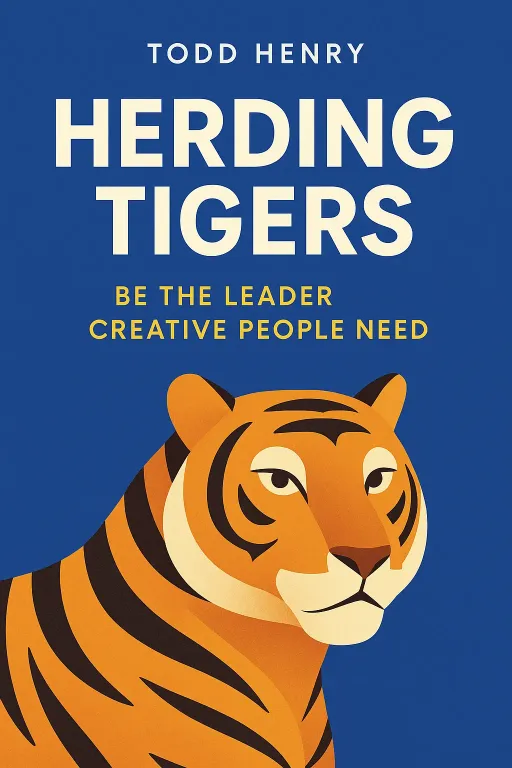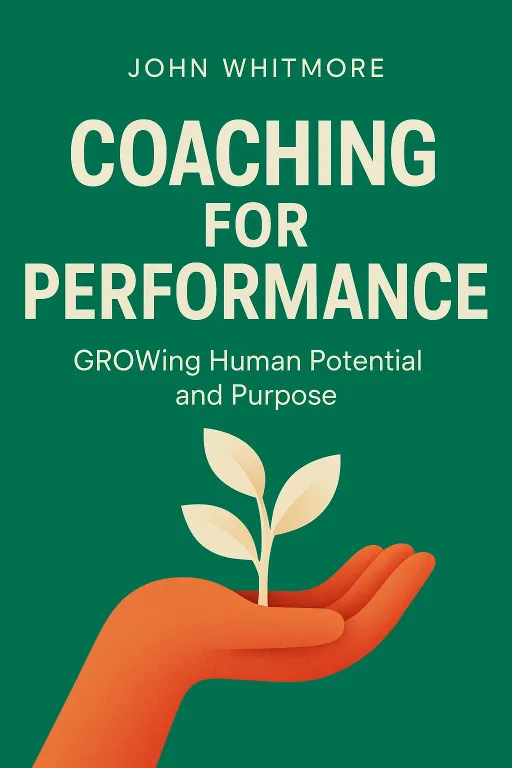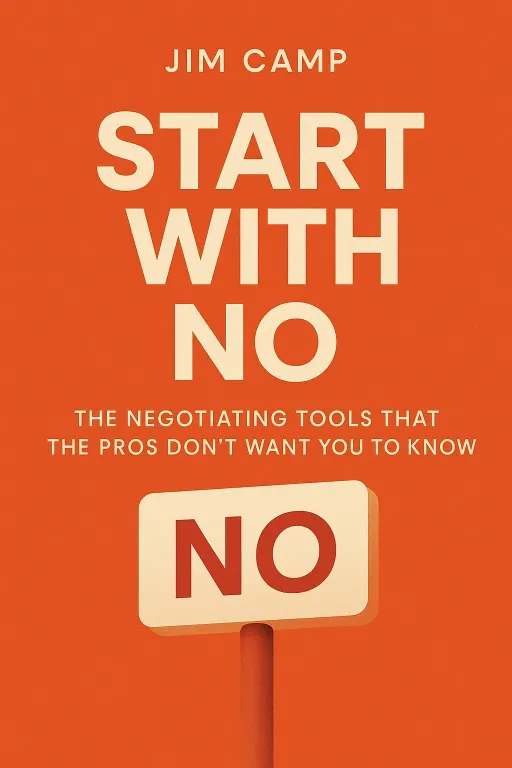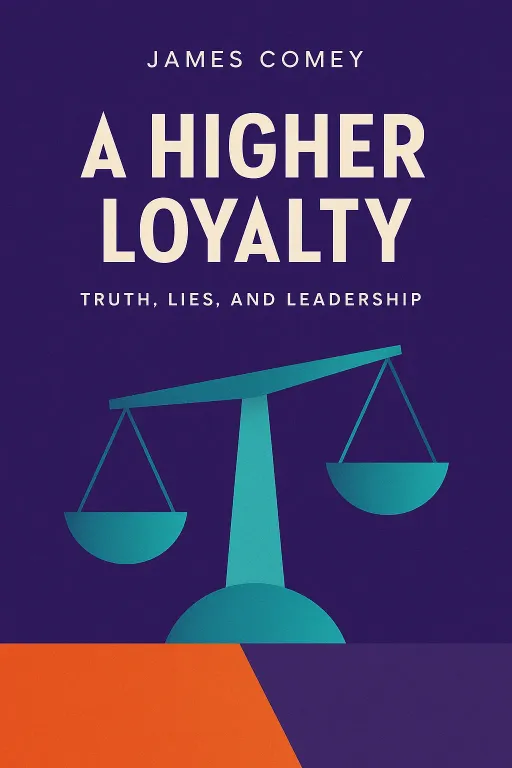
The New One Minute Manager
Ken Blanchard
In today's fast-paced world, effective leadership requires a collaborative approach. The New One Minute Manager offers timeless principles adapted for modern challenges, providing a framework for managers to empower their teams, foster engagement, and drive results.

Power Score
Geoff Smart
Discover the secret formula for leadership success with Power Score. Based on in-depth interviews with over 15,000 leaders, this book provides a simple, practical approach to achieving better results by focusing on priorities, people, and relationships. Learn how to calculate your Power Score and unlock your team's full potential.

Good to Great
Jim Collins
This groundbreaking book answers the question: Can a good company become a great company and, if so, how? Through rigorous research, the author identifies the key variables that enable companies to transcend mediocrity and achieve sustained greatness, offering invaluable insights for leaders seeking to transform their organizations.

Herding Tigers
Todd Henry
Leading creative teams can feel like herding tigers. This book provides a framework for how to lead creative people, manage their egos and insecurities, and harness their collective focus, energy, and creativity to produce value for your organization and your clients. Learn how to provide the stability and challenge that creative people need to thrive, and become a leader worth following.

Coaching for Performance
John Whitmore
Explore the principles and practices of coaching and leadership with 'Coaching for Performance.' This book delves into unlocking human potential, improving performance, and fostering self-responsibility in the workplace and beyond. Discover how to create a coaching culture that drives success and empowers individuals to achieve their best.

Start with No
Jim Camp
Discover the negotiation secrets the experts don't want you to know. This book challenges conventional win-win strategies, offering a contrarian approach to achieving the best possible outcomes in business and life. Learn how to maintain control, avoid unnecessary compromises, and make sound decisions under pressure.

A Higher Loyalty
James Comey
In A Higher Loyalty, former FBI Director James Comey shares his journey through the corridors of power, revealing the challenges of ethical leadership in a world where truth is often a casualty. From his early days confronting the Mafia to his tumultuous encounters with presidents, Comey offers a unique perspective on the values that sustain us and the leadership that embodies them.

Accelerating Performance
Colin Price
Discover how organizations can achieve breakthrough success by increasing their metabolic rate and focusing on the soft stuff that drives the hard stuff. Drawing on original research and illuminating cases, this book provides a compelling agenda to help leaders mobilize, execute, and transform with agility.